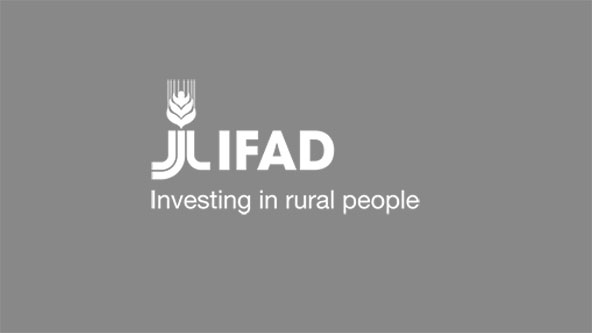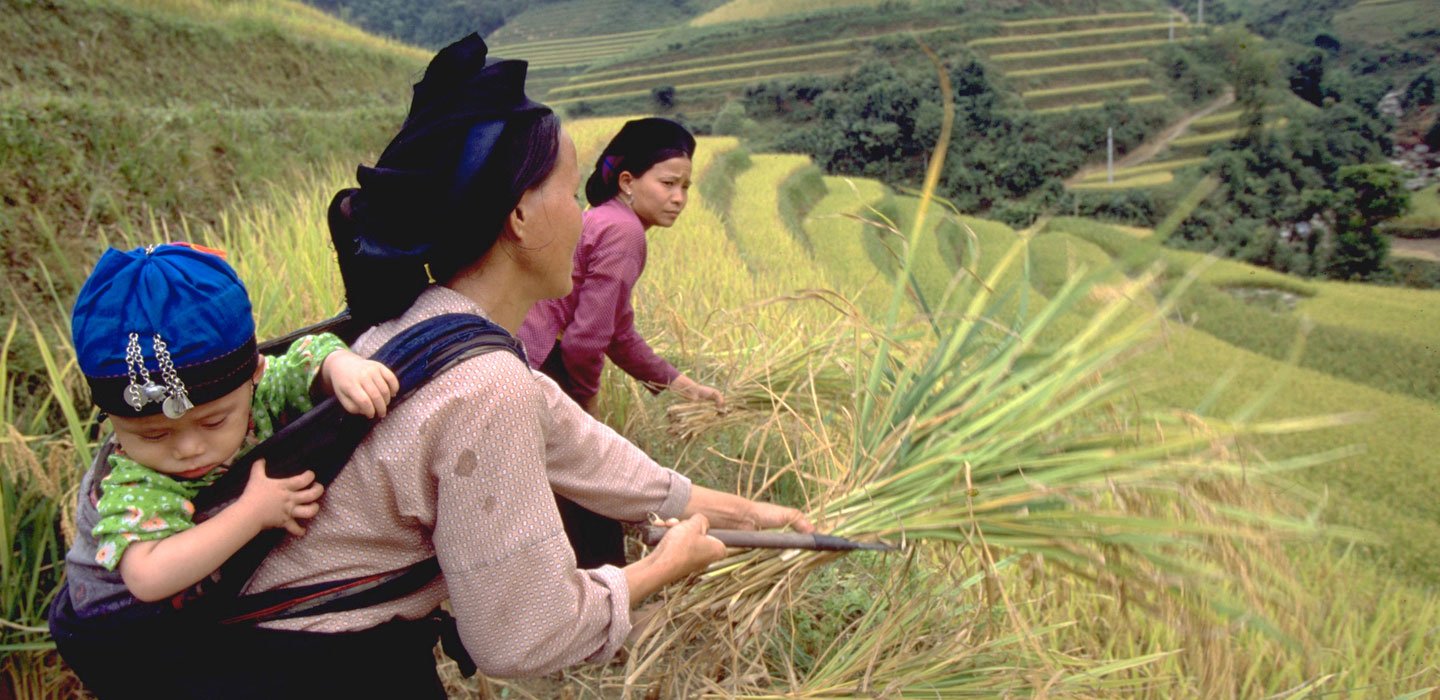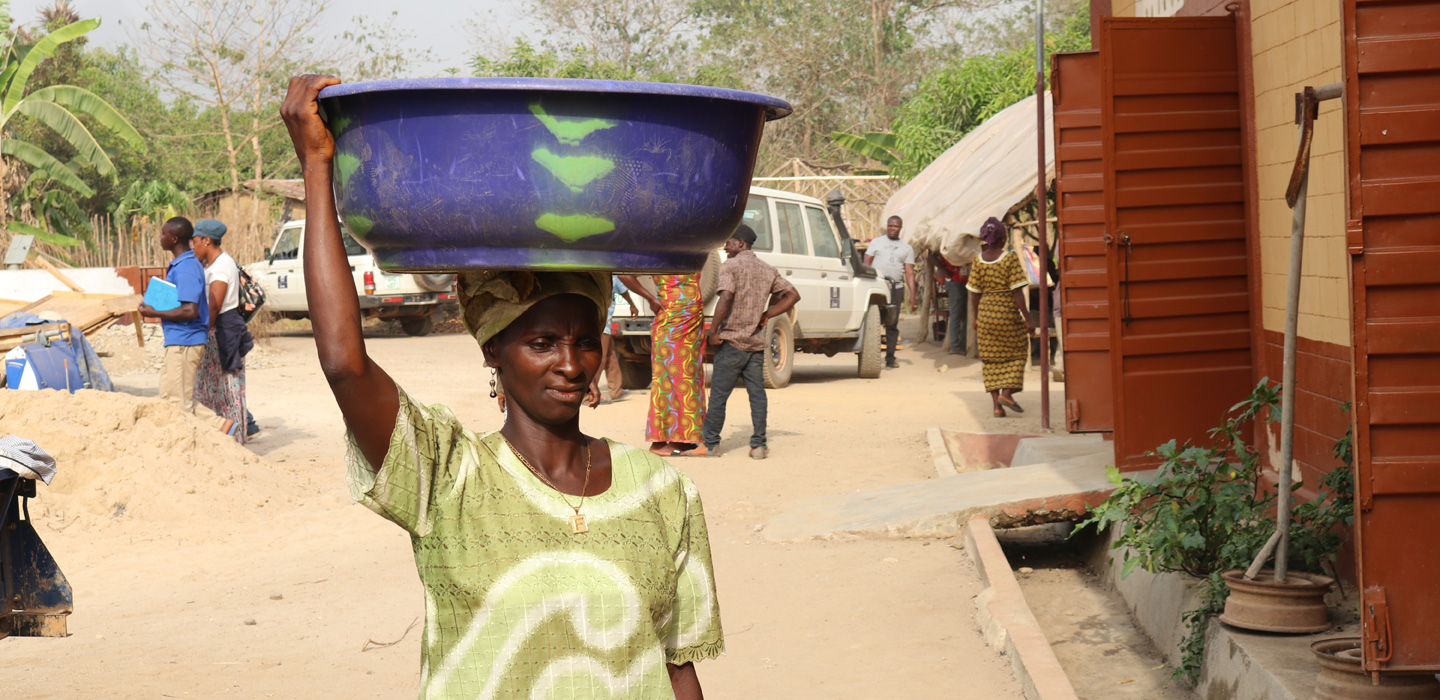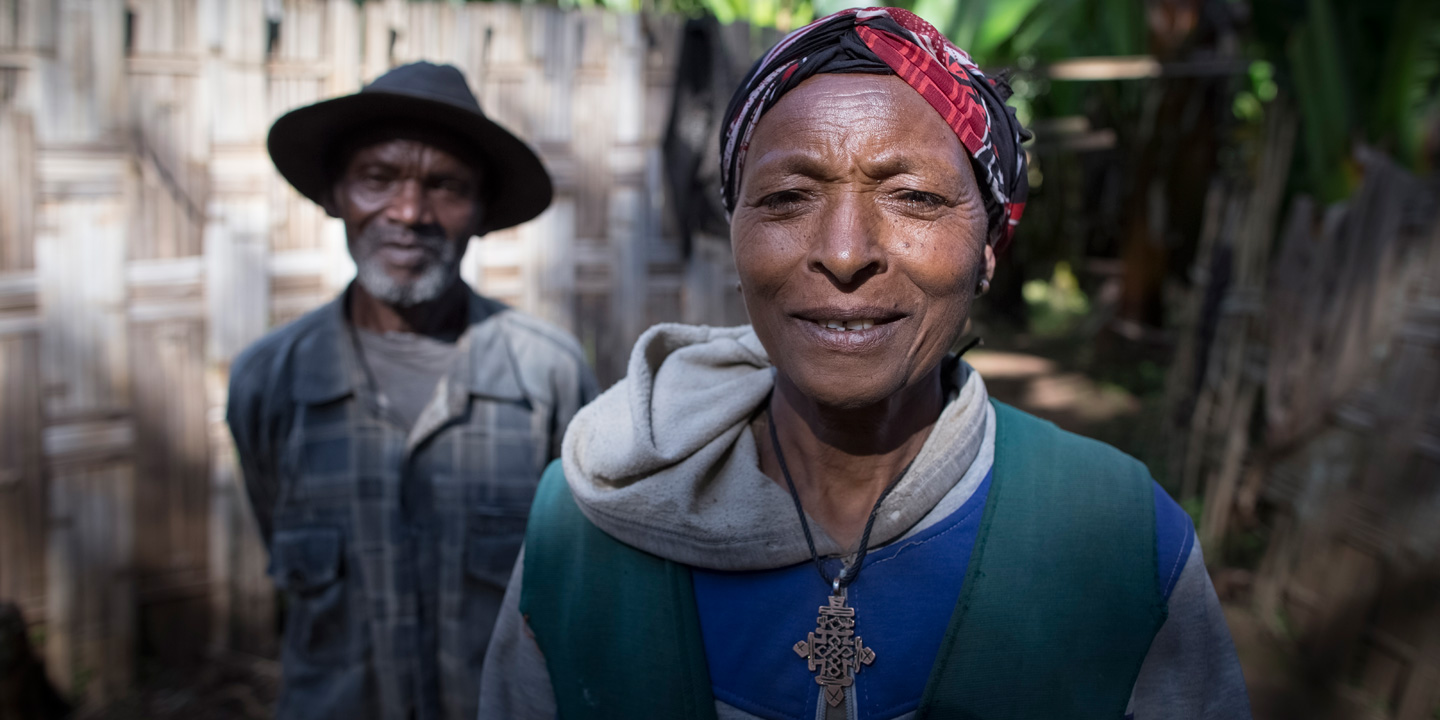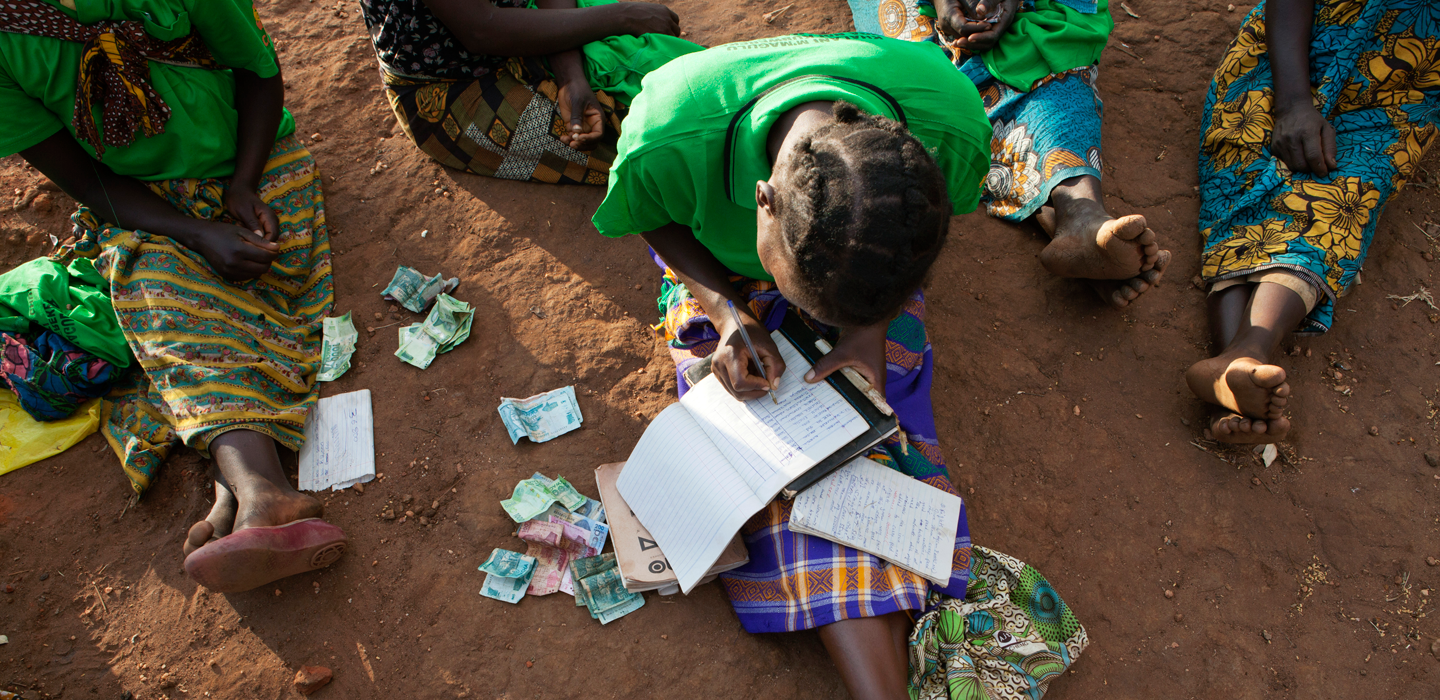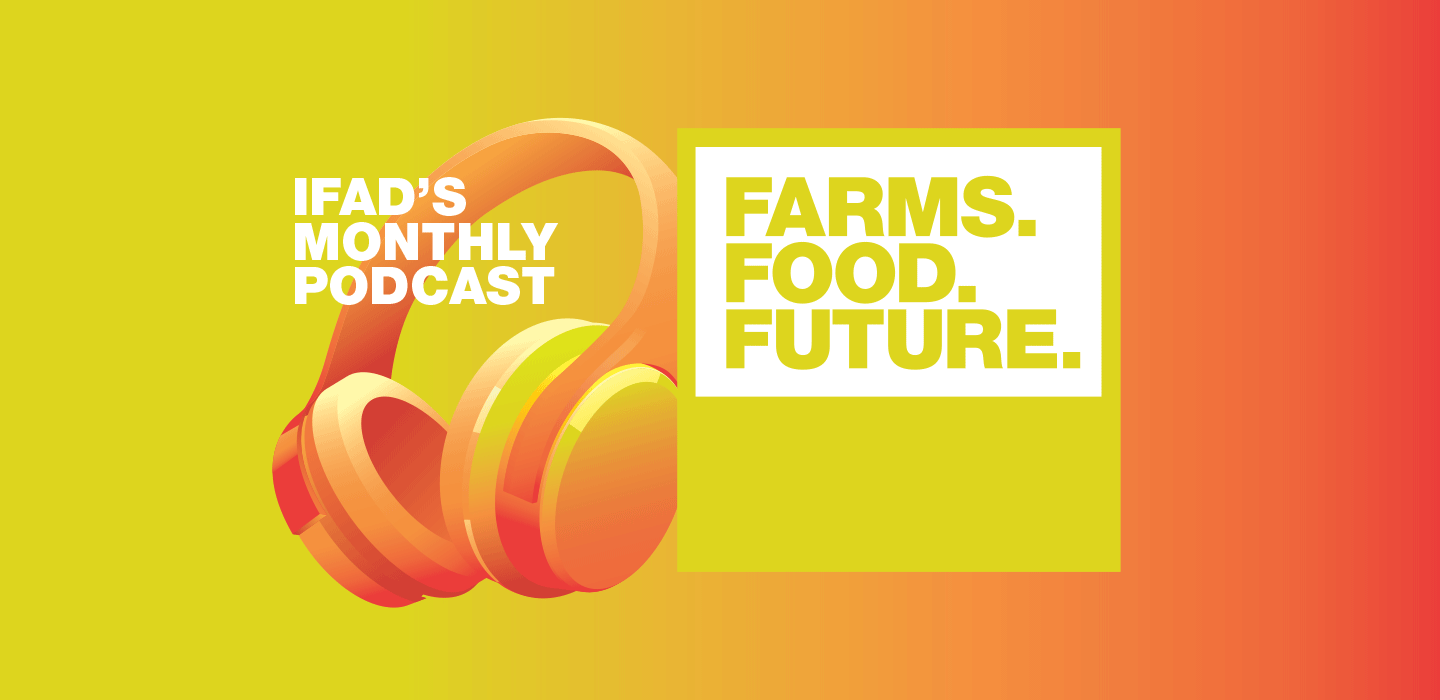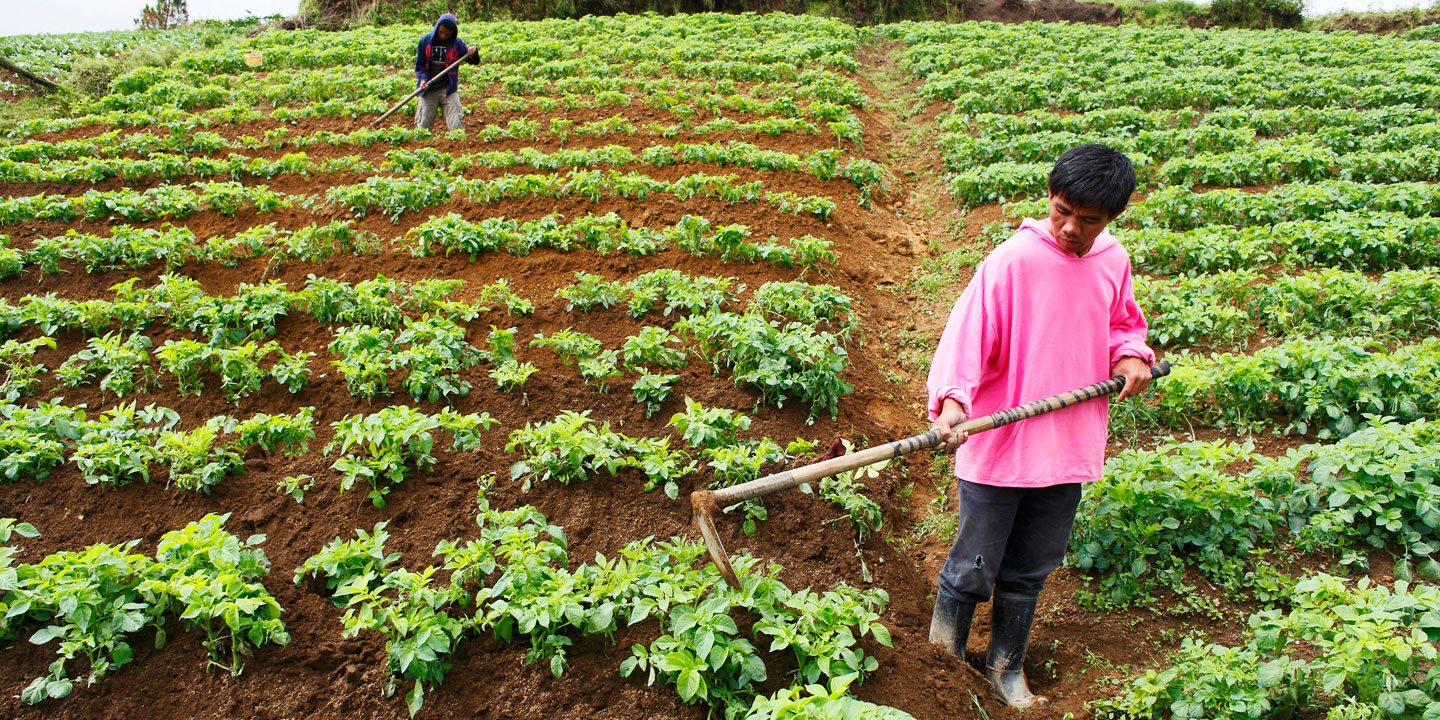Latest
Latest

Latest
Manual Submenu Topics
Search Results Filters
Search Results
Farmers on the climate frontline, reducing inequalities with IFAD at COP25
Small-scale farmers in developing countries are already suffering from a changing climate they did not cause – with lower crop yields, reduced water availability, price spikes and increased food insecurity.
Boosting incomes and protecting the environment – IFAD and Government of Peru assess achievements of joint project
Martín Vizcarra, President of Peru, and Rossana Polastri, Director of the Latin America and the Caribbean Division of IFAD, to chair the closing of the Sierra y Selva Alta Project (PSSA).
Interview with Recipes for Change Chef Lance Seeto
In addition to climate change, the Pacific Island communities are succumbing to modern diseases caused by a change of diet and lifestyle.
Enabling farming families to fight climate change: the key to survival
IFAD has adapted its development strategies for Viet Nam from focusing on boosting agricultural production to commercialisation and sustainability of smallholders.
Rural finance in Sierra Leone strengthened by IFAD projects – new report
Rural development projects financed and supported by IFAD expanded access to rural finance and increased agricultural production in Sierra Leone, despite the civil war (1991-2002) and Ebola epidemic (2014-2015), according to a new report released today.
Farmers on the climate front line - Episode 1
This is the inaugural episode of Farms. Food. Future. In this month’s programme we will be hearing from farmers on the climate front line.
Putting an end to violence against women in rural communities
On the international day for the elimination of violence against women, IFAD reaffirms its commitment to eliminate and prevent gender-based violence.
Introduction to IFAD's monthly podcast - It's all about Farms. Food. Future.
Welcome to Farms. Food. Future. A podcast that’s good for you, good for the planet and good for farmers.
Mobilizing inclusive remittances for rural development
It has long been recognized that the money remitted by migrants is used to supplement the receiving family’s income and is therefore largely spent on consumption. Only a small amount of remittances is invested in productive assets, much less saved.
